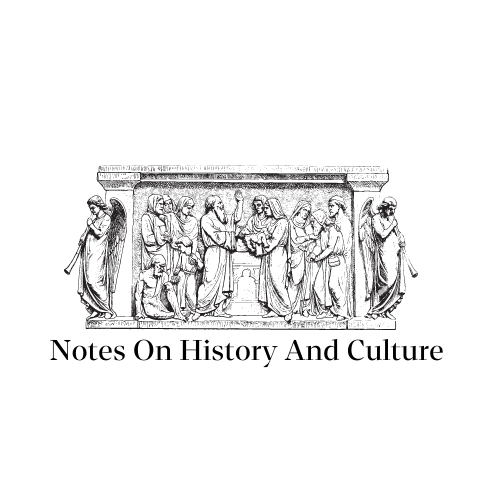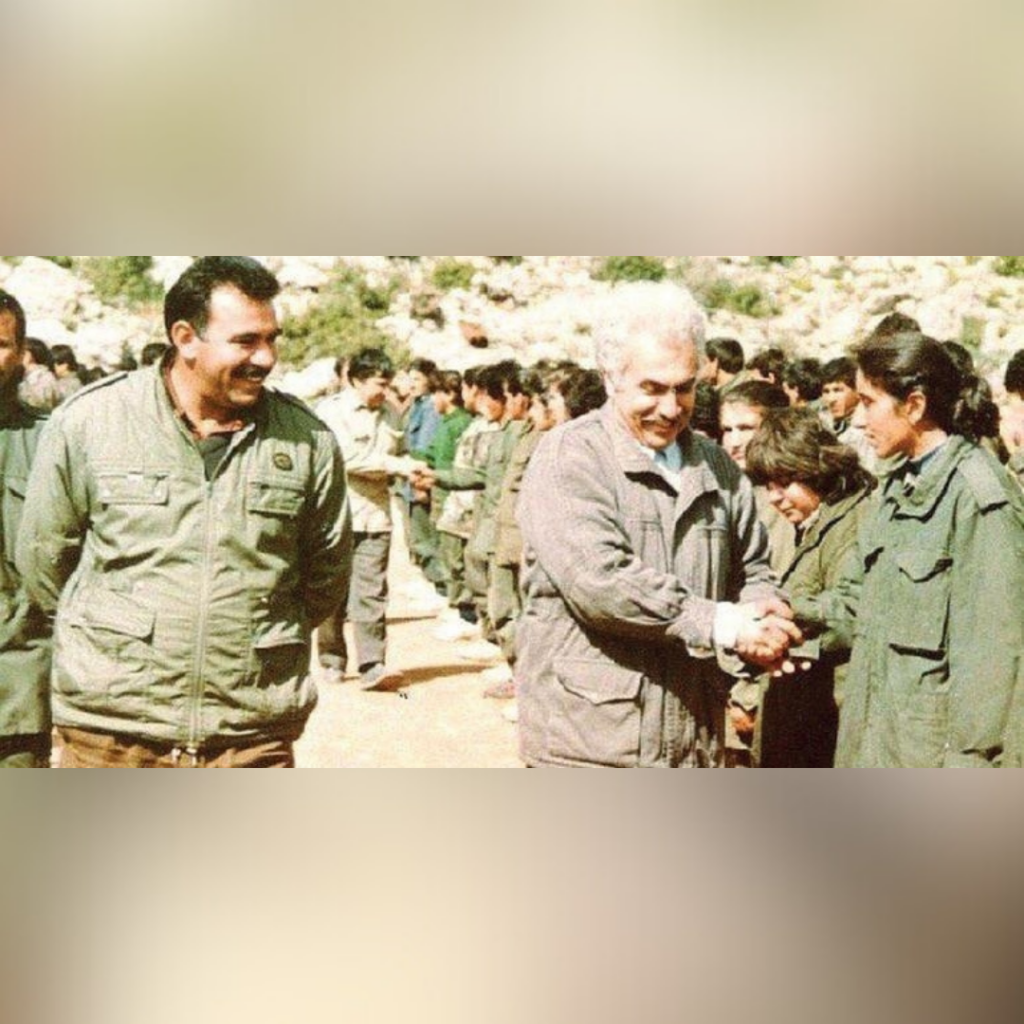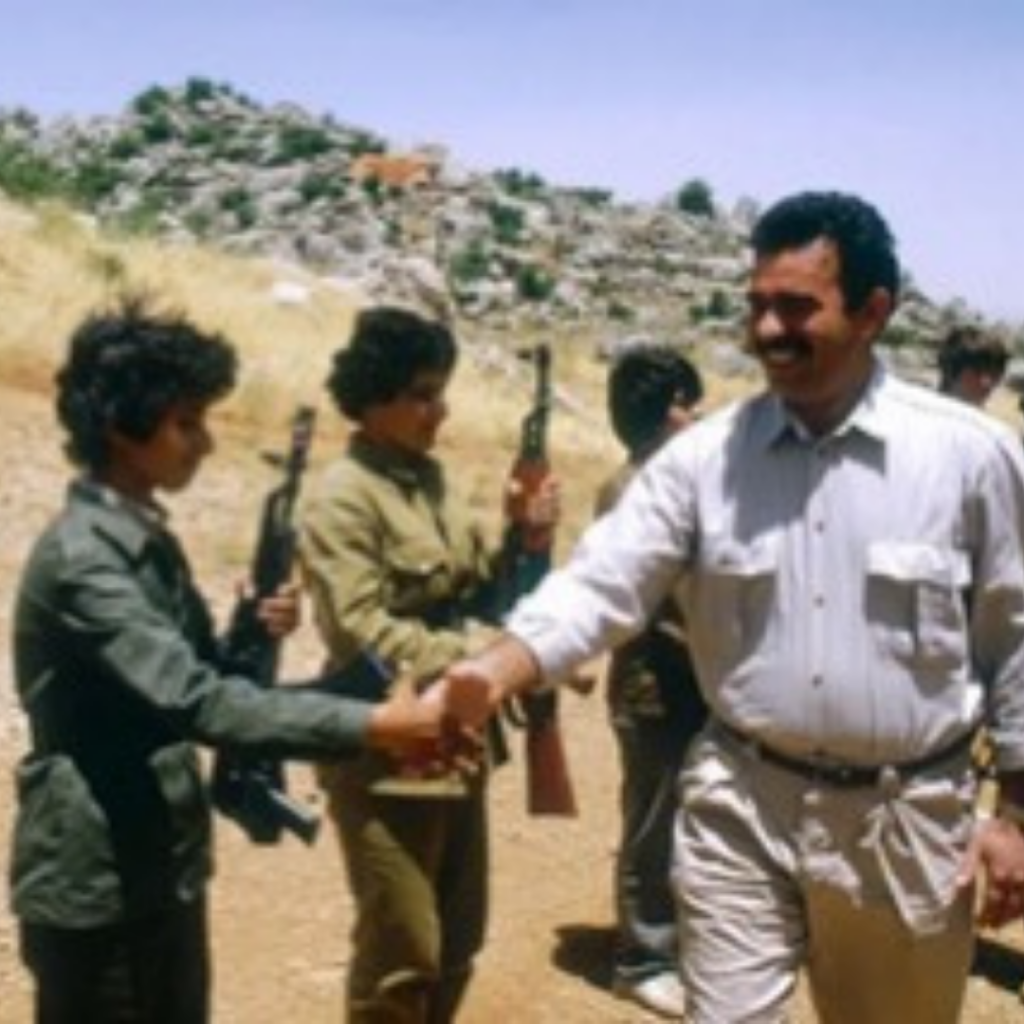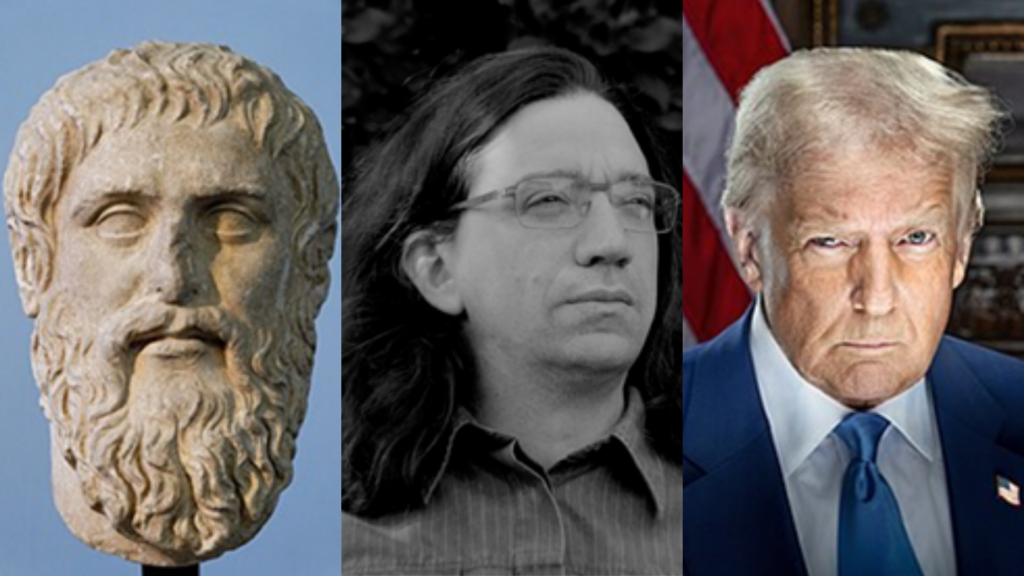[8th May 2021] I have been writing virtually continuously since the first day the daily Taraf appeared (in early November 2007). At the end of the day it has been mostly political, even if indirectly, i.e. mediated by history, theory or culture. And politics, meaning Turkish politics, has been increasingly frustrating and exhausting especially for the last six but even, I would say, the last eight years or so. It is draining to be so indignant all the time. I came to think that I needed some distance between myself and current events, a little space of my own. In the meantime I have also been teaching like mad (six courses this semester), which means that I may be spending as much as forty hours per week in class and preparing for class. That, in turn, has ruled out wrapping my mind around non-academic matters from early morning till noon so that I could deliver a Serbestiyet article by midday.
So a break seemed necessary and inevitable, and I took it and also started pondering how I might cope with an incipient internal silence. Could I start addressing a different audience over a different agenda that would be more in line with my professional interests? Something clicked. I am, I have always been a teaching person. (1) Especially over the last year, in the relative isolation and introspection enforced by COVID-19, I was thinking of how to encourage our Prep Year students to read more, hear more, watch more so as to help them make better progress by immersing themselves as much as possible (or at least, more than they usually do) in an English-language environment. I myself read a lot online, and as, early in the morning or late at that night, when I was surfing the BBC, the New York Times, the New York Review of Books, the Yale Alumni Magazine or the Harvard Gazette etc, I frequently found myself muttering under my breath that I should be sharing a lot of this stuff with a broader readership, though I lacked the means to do so. (2) I also do a lot of name-dropping in all my courses, not deliberately but because my mind works that way; I associate one thing with another, and frequently go into extended side-trips — which may be exhausting for my students, though hopefully I do recover in time, and remember enough about where I had left off so as to return and pursue my main track. Still, I am left wondering whether at least some of those authors, thinkers, books, films, or other works of art and literature that I have mentioned are actually being picked up by the young men and women that I am talking with, stirring their curiosity, and provoking further exploration. (3) Yet another point has to do with manifold questions that inevitably arise during or after class, and which I end up regretting not having had enough time to respond to. It would be so nice to expand and prolong those conversations, I thought.
After some hesitation over just how much extra energy this was going to cost me, I decided to take radical action. I thought that since it was going to be an offshoot of my teaching, it would be much less stressful (in various senses). On 2nd April 2021 started my own blog, so to speak; I launched something titled “Halil Berktay’s Diary” on the History Department web site of Ibn Haldun University. There it has two boxes: Recommended Readings, into which I have been putting various articles of interest, and Personal Thoughts, where I have been either commenting on the former or just volunteering free-standing ideas. All through April, which I regarded as a trial month, only small inner groups could reach it by going to IHU à Academic à the School on the Humanities and Social Sciences à History, à People; now that it has become public you can simply click on https://hist.ihu.edu.tr/en/halil-berktays-diary/ And of course I am hoping that it will prove useful not only to IHU students but also to students at other universities, too, interested in history and the social sciences, and then not only to students but to widening intellectual circles.
Inevitably it is in English — because English is the language of instruction at IHU (as well as at Boğaziçi, Sabancı, Koç, Bilkent, METU and other leading Turkish universities), and also because all my Recommended Readings (which I will not be reproducing here but nevertheless touching upon) are in English. So first, it is not an innate snobbishness. Second, it may yet create a positive synergy with Serbestiyet in English, where from now on I will be echoing, quoting from, or copy-pasting elements of my IHU Diary, as well as, sometimes, developing further Personal Thoughts.
Yazıyı beğendiysen, patronumuz olur musun?
Evet, çok ciddi bir teklif bu. Patronumuz yok. Sahibimiz kar amacı gütmeyen bir dernek. Bizi okuyorsan, memnunsan ve devam etmesini istiyorsan, artık boş olan patron koltuğuna geçmen lazım.
Serbestiyet; Türkiye'nin gri alanı. Siyah ve beyazlar içinde bu gri alanı korumalıyız. Herkese bir gün gri alanlar lazım olur.




















